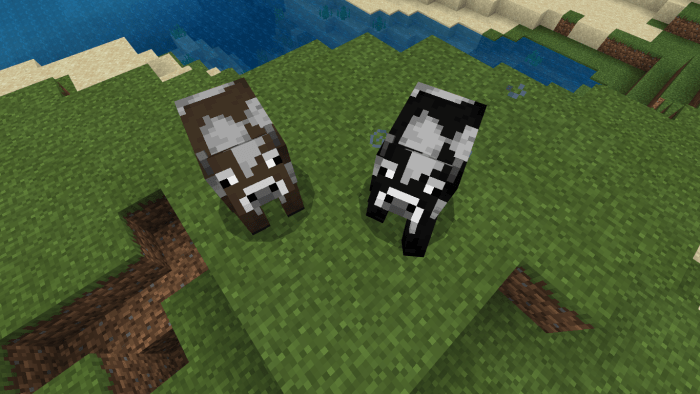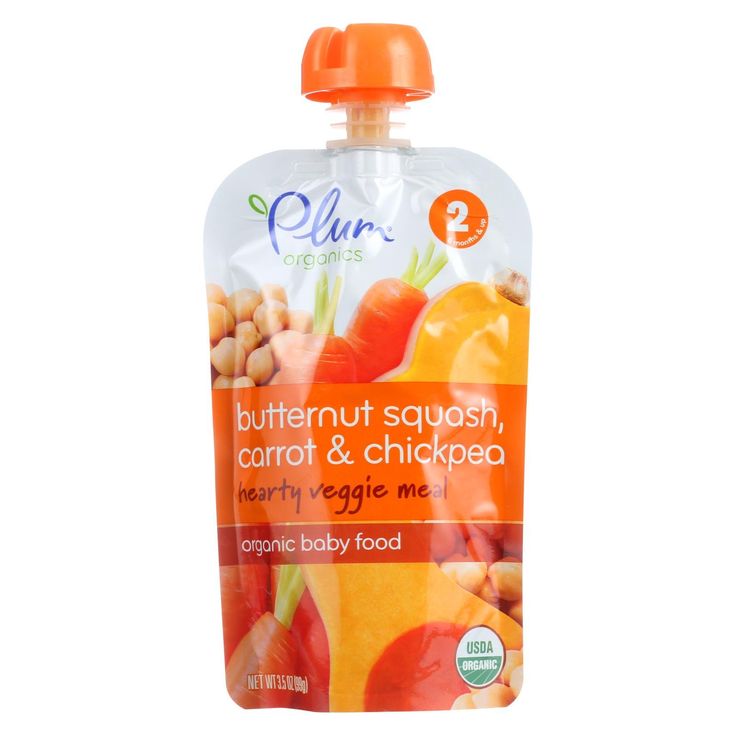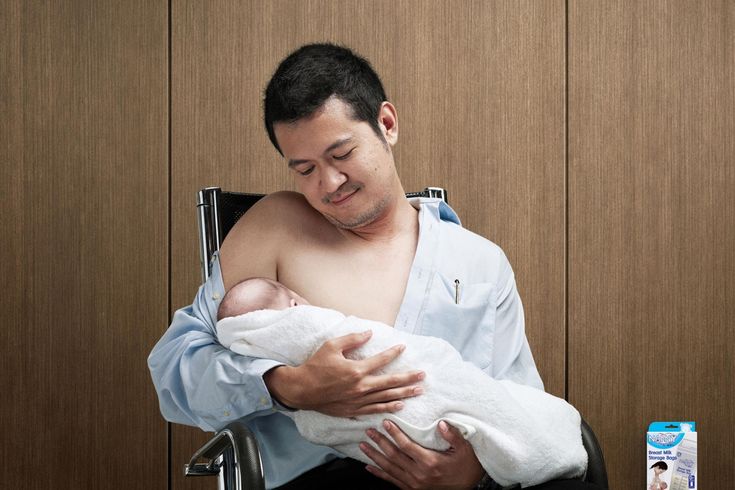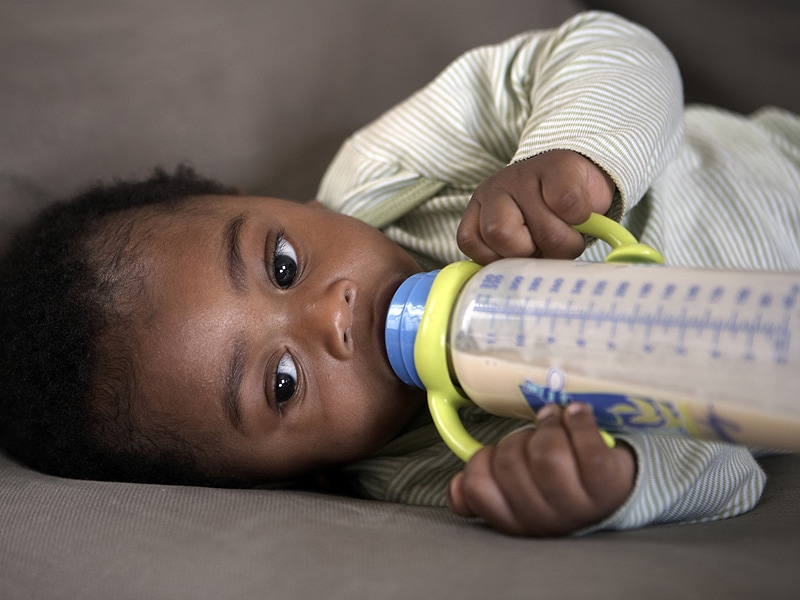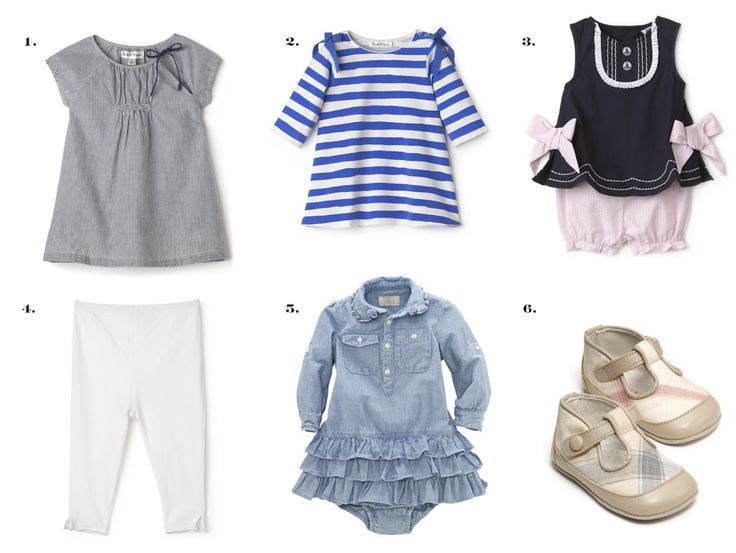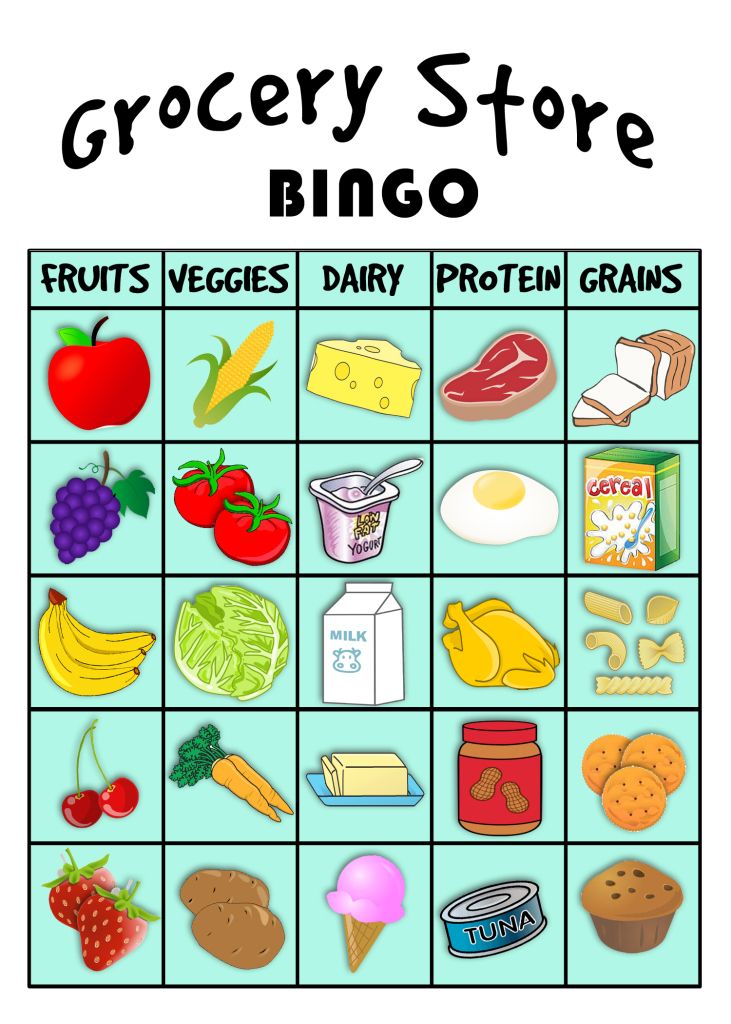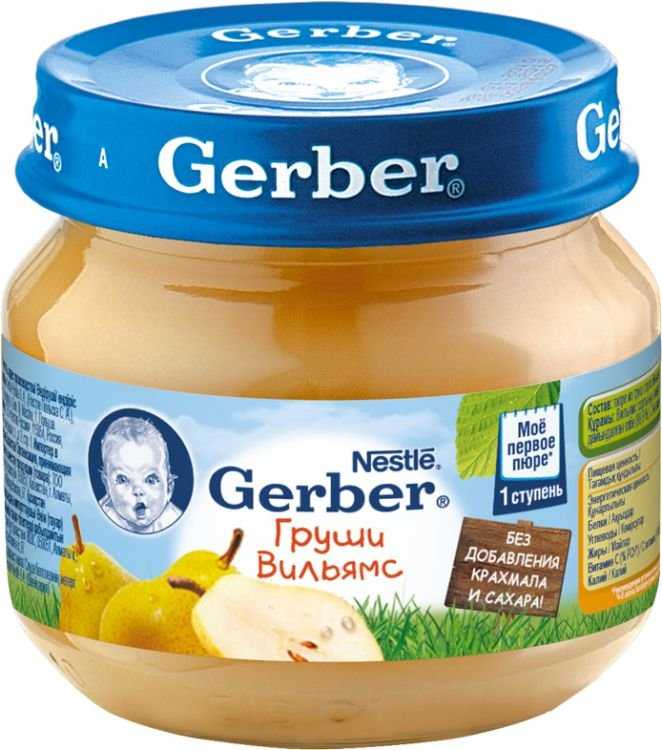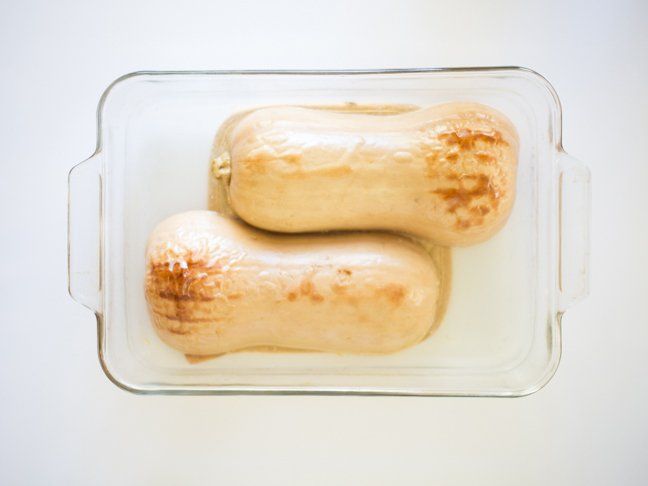Baby only taking small feeds
Bottle Feeding Problems - Why Your Baby Squirms, Appears Uncomfortable – Baby Care Advice
When your baby squirms, appears uncomfortable during a feed, fusses, cries or refuses a bottle, seemingly fights the bottle despite being hungry, it can be challenge to figure out the cause. The timing and type of behavior she exhibits provides vital clues.
Signs of bottle-feeding problemsDoes your baby display troubled behavior in relation to bottle-feeding, such as….
- Refuses a bottle
- Turning away from the bottle.
- Refusing to close her mouth around the nipple.
- Holding nipple in the mouth but not sucking.
- Taking only a small amount and then refusing more.
- Screaming when placed into a feeding position or at the sight of the bottle.
- Milk pouring out of baby's mouth.
- Feeding too quickly.
- Feeding too slowly.
- Falling asleep before the feed is completed.
- Coughing and spluttering when feeding.
- Not consuming as much milk as expected.
- Wanting more milk than expected.
- Throwing up large amounts of milk.
Then there may be steps you can take to remedy the situation and get your baby to calmly and happily take a bottle.
Behavioral reasons‘Behavioral’ means baby’s behavior is in response to the circumstances rather than a physical cause. Behavioral reasons are the most common of all reasons for infant feeding problems. There are numerous behavioral reasons for a baby to experience feeding problems and/or display problematic feeding behavior. Common reasons include:
1. Misinterpreting baby's cues as signs of hunger Does baby at times refuse feeds?Does she take only a little and not want more?
Babies are in an oral stage of develop. Sucking is the primary way babies soothe. They also learn by sucking and mouthing objects. Many babies have a strong desire to suck for reasons that extend beyond hunger, such as tiredness, boredom, discomfort and soothing. There may be times when you mistake your baby’s desire to suck for these reasons as hunger.
Many babies have a strong desire to suck for reasons that extend beyond hunger, such as tiredness, boredom, discomfort and soothing. There may be times when you mistake your baby’s desire to suck for these reasons as hunger.
Newborn babies have an active sucking reflex. This means a newborn baby may accept a feed even when she’s not hungry, and she might guzzle down the bottle because she cannot choose to not suck when her sucking reflex is triggered. Once her sucking reflex has disappeared (usually by 3 months of age) she will willingly take only the amount she wants to take.
If you have mistakenly interpret her fussing or desire to such as hunger and offer her a feed, she might take a little and refuse the rest, or she refuse from the start. If you try to make her drink more than she wants, she will understandably get upset and fuss, cry and pull back from the bottle.
WHAT TO DO- See Hungry baby for more reasons why babies often appear
- See Infant reflexes
In around one third of consultations I have had with parents regarding an infant feeding problem, I found that parents were trying to make their baby drink more than he or she needed. In some cases, this was because of errors made their health professionals. They either failed to adjust calculations as baby matured or failed to consider baby as an individual. As a result, overestimated baby’s milk requirements.
If you think your baby is not drinking enough milk (breast milk or infant formula) you’re naturally going to feel concerned. If your concern translates into trying to pressure her to drink more than she wants or needs (gently or otherwise), you’re going to upset her. So it is very important for your peace of mind and your baby’s enjoyment at feeding times that you have realistic expectations about how much she needs.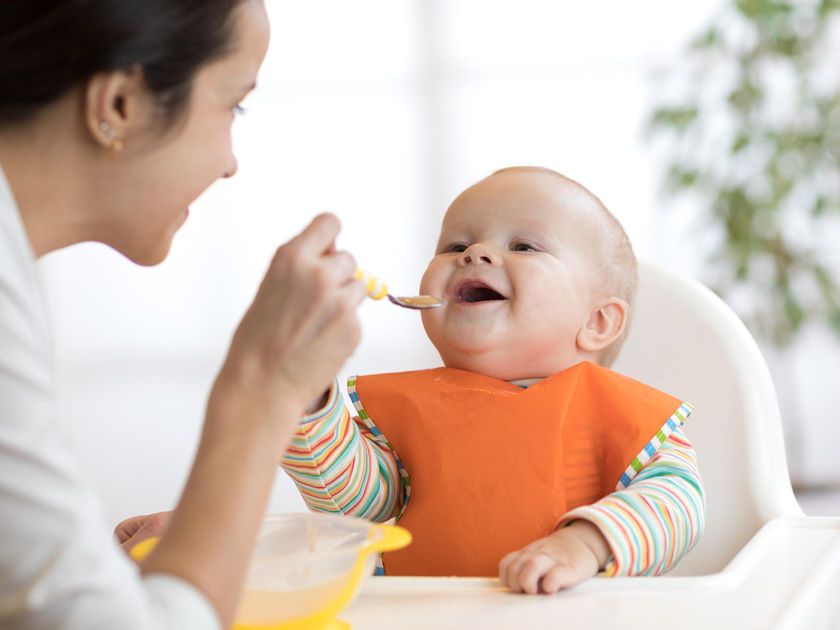
- See How much milk does baby need for standard estimations for age and weight, and reason why a baby might take more or less than recommended.
- Follow your baby's feeding cues. Don't try to make her take more when she indicates she has had enough.
Sleeping and feeding are closely related when it comes to the needs of babies. Both are equally important to a baby's health, growth and development and feelings of wellbeing. You are no doubt aware that if your baby does not feed well she might not sleep well. But are you aware that the opposite is equally true. If she’s not getting enough sleep this has the potential to negatively impact on her feeding.
Physical fatigue can cause baby to fuss during feeds or falling asleep before the feed is completed.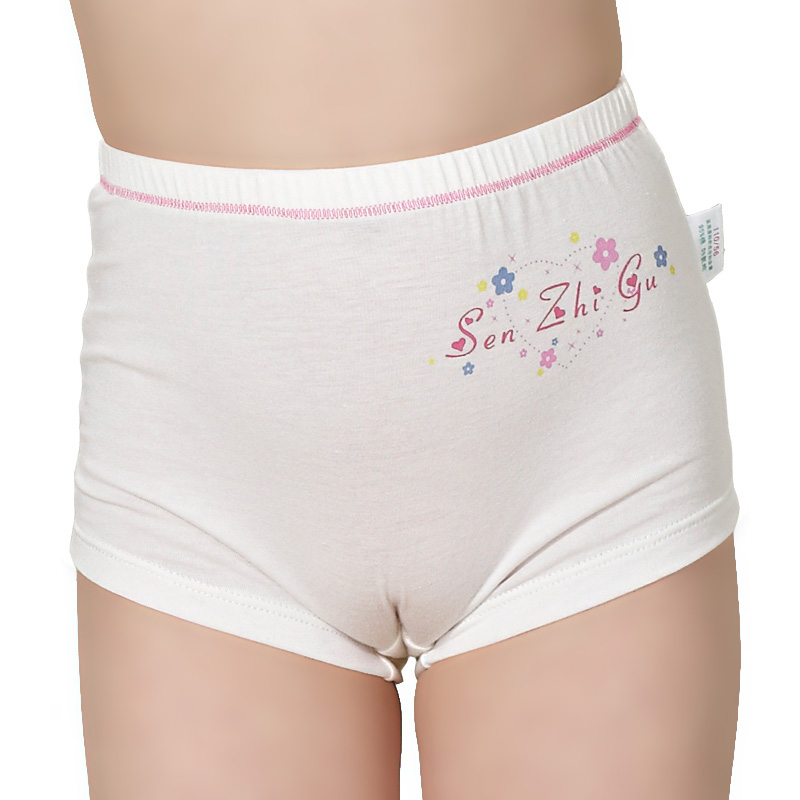 If you have a hungry/tired baby on your hands, tiredness will usually win out.
If you have a hungry/tired baby on your hands, tiredness will usually win out.
- Ensure baby gets enough sleep.
- Feed her before she becomes too tired.
- Aim to establish a flexible feeding and sleep routine to minimize the risk of feeding and sleep times clashing.
If your baby is often irritable and not sleeping enough, (see Overtired baby for signs and symptoms) you might find that resolving any underlying sleeping problem will cause feeding difficulties to spontaneously resolve once she receives adequate sleep.
- See our sleep section.
- Download or order a paperback copy of my infant sleep book Your Sleepless Baby: The Rescue Guide. There you will find comprehensive information on the reasons and solutions to various infant sleeping problems.
Babies over the age of 4 months can easily become distracted while feeding. They are often much more interested in the activities going on around them than they are in feeding.
They are often much more interested in the activities going on around them than they are in feeding.
Feed your baby in a quiet environment away from noise and distractions of other children.
5. Feeding managementSome feeding problems can be related to what may appear like insignificant details but which can make feeding difficult or uncomfortable for a baby. For example, how you hold your baby will affect her ability to feed from a bottle. If her head is too far forward or too far back or her neck is twisted this can make it difficult for her to suck or swallow.
WHAT TO DOSee How to bottle-fed a baby
6. Feeding aversionDoes your baby refuse to feed even when hungry?Does she scream at the sight of a bottle or when placed into a feeding position?Have you resorted to trying to feed her while asleep?A baby can develop an aversion to feeding when past feeding experiences have taught her that feeding is unpleasant, stressful or painful.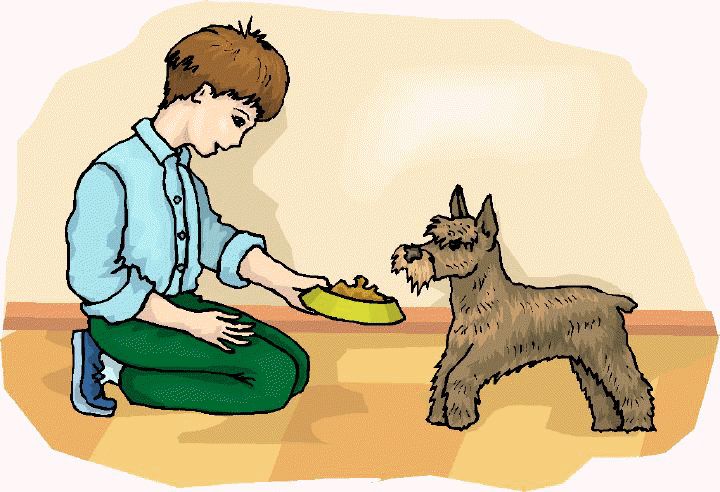 Typically, baby is diagnosed with reflux and/or milk protein allergy or intolerance to explain her aversive feeding behavior. However, a behavioral feeding aversion (related to feeding management rather than a physical cause) is a far more common cause of infant feeding aversion.
Typically, baby is diagnosed with reflux and/or milk protein allergy or intolerance to explain her aversive feeding behavior. However, a behavioral feeding aversion (related to feeding management rather than a physical cause) is a far more common cause of infant feeding aversion.
A feeding aversion is the most complex of all infant feeding problems. An effective solution relies heavily on accurate identification of the cause.
WHAT TO DOSee Feeding aversion for more information. Or purchase or download a copy of 'Your Baby's Bottle-Feeding Aversion: Reasons and Solutions'.
7. Feeding equipmentDoes your baby gag, cough or splutter during feed?Does baby make clicking sounds while feeding?It could be the nipple is too long, too short, too fast or too slow.
The most important piece of feeding equipment is the nipple. The nipple needs to be the right size and speed for your baby's size, age and sucking ability. If the nipple is too long, too short, too fast or too slow for your baby, she may experience feeding difficulties and express her frustration by fuss or crying.
If the nipple is too long, too short, too fast or too slow for your baby, she may experience feeding difficulties and express her frustration by fuss or crying.
- See Feeding equipment for more information on choosing a feeding nipple.
- Experiment with nipples of different lengths, shapes and speed.
It's possible her feeding difficulties could be due to the nipple ring being screwed on too tight.
In order to maintain a neutral balance in air pressure within the bottle air needs to be able to enter the bottle to replace the void left by the milk the baby is removing. If the bottle is vented, this is achieved via the venting system. However, in the case of a non-vented bottle, the only ways air can enter the bottle are between the nipple ring and the rim of the bottle and through the holes at the end of the nipple.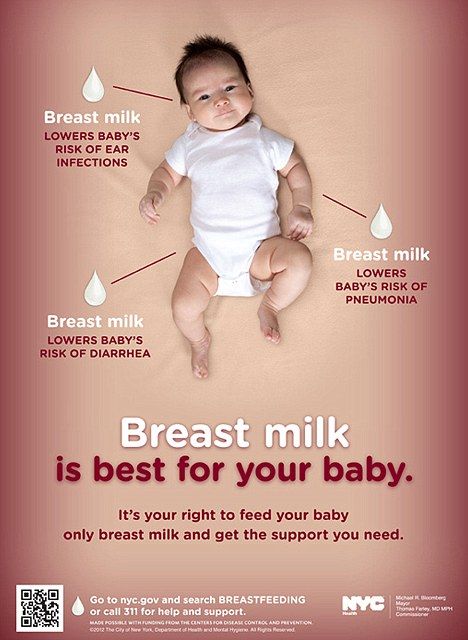 While sucking, a baby will maintain a seal over the holes at the end of the nipple with her tongue and prevent air entry in this way. If the nipple ring is screwed down tightly this also prevents air entry.
While sucking, a baby will maintain a seal over the holes at the end of the nipple with her tongue and prevent air entry in this way. If the nipple ring is screwed down tightly this also prevents air entry.
If air is prevented from entering the bottle, this causes a negative pressure to build in the bottle. As the pressure builds, baby need to work harder and harder to extract further milk, until such time and the air pressure is returned to normal. The effort required to suck against the negative pressure can cause a newborn baby to tire and fall asleep before completing the feed. An older baby may simply give up or express her frustration.
WHAT TO DOThe nipple collapsing (not all will) or stopping to burp baby allows air to enter through the holes and neutralize the pressure. But you don’t want to wait for this to resolve the problem. By then baby is already tiring or getting frustrated. See ‘Collapsing nipple’ for ways to manage this problem.
9.Some babies develop a grazing or snacking feeding pattern where they will only drink small amounts of formula at a time and then want to be feed frequently, possibly every hour or two. Although this will not cause any problems for a baby, provided she drinks enough formula in total over a 24 hour period, it can become very tiring for parents to keep up with her constant demands for feeding.
WHAT TO DO- Try to encourage your baby to take as much milk as possible within 45 minutes. But don't try to make her feed if she doesn't want to. Stop sooner if she does not want to continue.
- Ensure baby gets plenty of sleep.
- Avoid allowing baby to fall asleep while feeding.
- Support your baby to extend the time between feeds, by offering a little water, a pacifier, a nap, playing with her, or taking her for a walk.
Aim to encourage her to wait at least 3 hours from time you started her previous feed, but only if it's reasonable to do so without distressing her. If necessary extend the time between feeds gradually. As your baby gets used to going longer periods between feeds she will gradually take larger amounts at each feed.
Unless your baby was born prematurely or is very small for her age, developmentally she no longer requires feeding during the night beyond the age 6 months. If nighttime feeding continues past this age its not going to harm her but it could have a negative effect on her appetite and feeding patterns during the day.
Your baby only needs a certain number of calories in her day (24 hours) to provide for her growth and energy needs. If after the age of 6 months she continues to receive calories from nighttime feeds this will dampen her appetite during the day and she will not need to drink as much formula during daytime feeds. You might find she is content to go for long periods of time between feeds (which is usually what would happen at night). She might fuss or refuse some of her daytime bottles when they are offered simply because she's not hungry at the time. Or she might graze during the day.
Nighttime feeding will cause your baby no harm, so if you're happy to continue feeding her during the night there's no reason to change a thing. However, it is important that you don't expect her to consume as much milk during the day as she may have otherwise taken if she did not feed at night.
Many babies will give up night time feedings on their own accord, but others will continue to wake and demand feeds overnight for months and possibly years while parents continue to provide feeds at night. Usually the reason babies continues to demand night feeds beyond the age of 6 months is because they have learned to rely on feeding as a way to fall asleep, or because their internal body clock gets turned around - where the baby has decreased appetite during the day because of the continued night feeds and as a consequence of small feeds during the day the baby wakes hungry during the night. Body clock problems can easily become a cyclical pattern that will continue over the long term unless parents take steps to change the situation. Healthy, thriving babies who continue to demand feedings at night beyond the age of 6 months often require guidance and support from parents to cease feeding at night and turn their body clock around to a normal day-night feeding pattern.
Aim to cease overnight feeds after 6 months of age. However, before attempting to do this it's important to address any feeding to sleep issues your baby might have. She would need to learn to fall asleep in a different way before you will be able to successfully encourage her to cease night feeds.
11. Starting solids earlyHave you started giving your baby solids before the age of 4 months?Have you been advised to start solids early?6 months is the recommended age for starting solid foods. Although a small number of babies may benefit from solids prior to this age, it's generally not recommended to start a baby on solid foods before the age of 4 months. An early start on solids has the potential to cause bottle feeding problems because solid foods may decrease the baby's appetite for milk (breast milk or formula).
- If your baby is less than 6 months old, either cease or reduce the amount of solids you offer to see if this helps to improve the situation.
- See our article on starting solids.
If solids are offered prior to bottle feeds, either directly before or mid way between feeds, when it's time for your baby's bottle feed she might be feeling full from the solids, in which case she's probably not going to take much milk from her bottle.
WHAT TO DO- For babies 4 - 9 months (when milk is still the most important food) offer solids 15 - 20 minutes after bottle feeds.
- For babies 9 - 12 months (when solids are becoming increasingly more important to a baby's diet) offer solids shortly before or shortly after her bottle, whichever you find works best. Babies at this age are often down to 3 bottles per day plus 3 main meals and 1 or 2 snacks.
In these early stages of learning to eat solids (4 - 7 months) solids are not needed to add value to a baby's nutritional intake, rather they are offered primarily to provide learning experiences. The baby is exposed to new food proteins that help prime her immune system. She gets to discover new tastes and textures and become accustomed to eating from a spoon. It is at this age that babies are most willing to accept new tastes. So variety rather than quantity is what solids are about.
Many babies, particularly very young babies, experience difficulty self-regulating their dietary intake. Some babies will continue to eat solid foods for as long their parents keep offering. Some babies will prefer eating solids compared to drinking formula. However, too much solids and not enough milk is not a balance diet for a baby. It may be necessary for parents to limit the amount of solids they offer in order to encourage their baby to have a greater appetite for milk feeds.
See our article on estimating how much milk your baby needs to make sure she's getting enough.
14. Weaning difficultiesDoes your breastfed baby refuse bottle-feeds?Does your baby have a breast preference?While some breastfed babies willing accept milk from a bottle many will not, at least not straight away.
Difficulty weaning from breast to bottle is rarely resolved by finding the 'right' feeding nipple. (All feeding nipples will feel equally foreign to a breastfed baby. ) Nor does a solution lie in finding a formula with the 'right' taste. All formula will taste strange to a breastfed baby). The difficulty associated with weaning to a bottle most often lies in the fact that bottle-feeding requires a very different sucking action to breastfeeding. While breastfeeding the movement of your baby's tongue milks the breast, where as bottle-feeding requires a sucking action. A baby who has been exclusively breastfed beyond the age of 3 months will often refuse milk from a bottle because it "doesn't feel right" and she doesn't know how to suck from a bottle.
It takes time and practice before a breastfed baby learns how to suck on a bottle.
WHAT TO DO- Try offering expressed breast milk in a bottle initially. (Don't be too optimistic and put too much in to start with. It would be a shame to waste it).
- A soft flexible nipple often works better.
NOTE: Many breast fed babies will refuse to accept a bottle while they are still being breastfed at times. They will simply wait until a breastfeed is offered. For these babies it will be the case of breastfeeding or bottle-feeding, but not both.
- Your Baby's Bottle-feeding Aversion book
- Baby Care Advice consultation
- Rowena Bennett's Online Bottle-Feeding Aversion Program
In my book, ‘Your baby’s Bottle-feeding Aversion’, I have described physical and behavioral reasons for babies to develop an aversion to bottle-feeding. How to identify the cause and the solutions to match. Included are step-by-step instructions on how to regain your baby’s trust and resolve a feeding aversion caused or reinforced by repeated pressure to feed.
While the book was written for bottle-fed babies, many nursing mothers have found that applying the same strategies has also helped them to successfully resolve a breastfeeding aversion.
You might find that reading this book is all you need to do to understand the steps you need to take to resolve your baby’s feeding aversion and get him back to the point of enjoying eating until satisfied.
Baby Care Advice ConsultationsIf you would like an individualized assessment of all reasons for infant feeding problems, not just feeding aversion, we also provide a consultation service. Baby Care Advice consultants have extensive experience in pinpointing the cause of feeding aversion and other behavioral feeding problems such as those related to equipment and the parent’s feeding practices. (For more on what’s included in a consultation).
By Rowena Bennett, RN, RM, CHN, MHN, IBCLC.
Copyright www.babycareadvice.com 2021. All rights reserved. Permission from the author must be obtained to reproduce all or any part of this article.
Rowena's Online Bottle-Feeding Aversion ProgramSix time-saving modules to help your family enjoy feeding again with Rowena's step-by-step plan. Enjoy additional tools to manage anxiety, troubleshoot any issues, introduce new carers, how to manage illness/teething and much more.
- Module 1: Understanding feeding aversions
- Module 2: Identify the cause
- Module 3: Prepare for success
- Module 4: How to resolve your baby's bottle-feeding aversion
- Module 5: What to expect
- Module 6: Troubleshooting
- BONUS: Guided meditations
Why Is Baby Not Drinking Enough Milk? – Baby Care Advice
It’s obvious when a bottle-fed baby is not drinking as much milk as expected. But does this mean she’s not drinking enough? Maybe ‘yes’. Maybe ‘no’. This article explains how to tell if your baby is underfeeding and the various reasons why babies don’t drink enough milk.
How to tell if baby is underfeedingAre you worried that your baby is not drinking enough because she’s not drinking as much as you have been told she needs? Or because her weight gain is low?
The fact that a baby doesn’t eat as much or gain as much as expected is not proof that she’s not eating enough. It could be that her milk needs have been overestimated or that expectations about her growth are unrealistic given her circumstances.
The first step toward solving this puzzle is to identify if your baby is underfeeding. Underfeeding means a baby is not ingesting enough milk to meet her growth and energy needs.
So how can you tell if your baby is underfeeding? There are physical signs and behavior that indicate if a baby’s nutritional needs are met or not. These are listed in the table below.
Signs of a baby’s nutritional statusGrowth is not a reliable indicator of a baby’s current nutritional state. A baby’s prior growth could be poor but the problem having caused this may be resolved. So, while a baby might be underweight, she could still be well fed at present. Or it could be that baby’s growth is perceived as being poor when in reality it’s not. There are a number of reasons why a thriving baby’s weight gains can appear to be poor. (See Growth false alarms and Variations of normal growth.)
If you have now confirmed that your baby is not drinking enough milk to meet her nutritional needs, the next step is to identify the cause.
Reasons for baby not drinking enoughThere are a number of reasons why a baby might not drink enough to meet her needs; these include:
- Baby chooses to avoid feeding.
- Baby is too tired to feed effectively.
- Baby has poor appetite.
- Baby is prevented from effectively accessing the food (something is making it difficult for her to drink enough).
- Baby has impaired ability to suck.
- Baby is not offered enough milk (breastmilk or infant formula).
Why would a hungry baby choose to avoid feeding? If she finds the experience of feeding to be unpleasant, stressful, or painful she might. Reasons a baby may prefer to go hungry than to eat include:
- Feeding aversion
- Sensory processing disorder
A feeding aversion is one of the most common reasons for physically well babies and children to reject bottle/ breast or solids and consume less than they need. An unresolved feeding aversion can cause poor growth
Babies can become averse to one, two or all three feeding methods, i.e., breastfeeding, bottle-feeding or eating solids. Typically, a baby who has developed a feeding aversion willingly eats only when ravenous, and then only a little. She’s tense and upset at feeding times. She might scream at the sight of the bottle, when placed into a feeding position, or at some point during the feed, for example after being burped. She stops sucking and turns away or arches her back in an upset manner. Some babies, who have become averse to feeding will feed better in a sleepy state because they’re then less aware that they’re feeding.
Because a feeding aversion means a baby tries to avoid eating and doesn’t willingly eat enough for healthy growth, parents understandably feel they have no option other than to continue to pressure their baby to eat. But this makes the situation worse. More often than not the reason babies and children don’t want to eat is because they’re repeatedly pressured to eat.
Babies can develop an oral aversion due to a sensory processing disorder. Babies who have a sensory processing disorder perceive sensations differently to others and become upset by situations and things that don’t trouble most other babies. They may find a particular smell, taste, or feel of certain foods or feel of the nipple of a feeding bottle and other objects in their mouth objectionable. Or they may be less aware or hypersensitive to the sensation of hunger.
Oral aversion is not the same as a feeding aversion.
A baby may be mistakenly diagnosed as having an oral aversion when in reality she has a feeding aversion. It’s important to make the distinction between oral and feeding aversion because the treatment for each is very different.
In the case of an oral aversion, a baby typically objects to anything in her mouth including the nipple of a feeding bottle. Whereas in the case of a feeding aversion, baby is happy to have things in her mouth just so long as it’s not the nipple of a bottle (or breast or spoon or food in the case of these types of feeding aversions).
A feeding aversion is often mistaken as an oral aversion. A feeding aversion is FAR more common than oral aversion. Therefore, it’s important that a feeding aversion is ruled out before assuming an oral aversion is the cause.
2. Baby is too tired to feed effectivelyA baby could become too tired to feed effectively or too exhausted to wake for night feeds for the following reasons.
- If her tired signs are overlooked.
- If she has learned to rely on sleep associations that cannot be maintained.
- If she is given sedative medications.
Overlooking or mistaking baby’s tiredness cues as hunger or boredom means baby might not get the opportunity to sleep when tired and is then at risk of becoming distressed due to overtiredness, which may then be mistakenly attributed to pain. (See Baby tired signs and How much sleep do babies need?)
Babies often learn to rely on sleep associations (i.e., props and/or something the parent does) as a way to fall asleep. Learning to rely on sleep associations that cannot be maintained throughout baby’s entire sleep can result in broken sleep. Baby may wake prematurely from sleep still tired and cranky as a result of insufficient sleep. (See Sleep associations for more.)
Sedative medicationsA baby could be too sleepy to feed due to receiving sedative medications prescribed to treat colic, such as antihistamines, antispasmodics, or others. (See Colic medications for more.)
3. Baby has poor appetiteThere’s nothing more effective than a hungry tummy to motivate a baby to want to eat. Without hunger a baby has little incentive to eat. The reasons a baby might have a poor appetite for milk feeds include:
- Illness
- Strict feeding schedules
- Solids
Illness
Any illness can negatively affect a baby’s appetite. Loss of appetite can be one of the earliest signs of illness before other symptoms become apparent. Weight loss can occur depending on the severity and longevity of the illness. However, once baby has recovered her appetite will return and she may then experience catch-up growth.
Typically, an ill baby will reject feeds in a passive manner compared to strongly oppositional refusal that occurs when a baby has developed an aversion to feeding.
Strict feeding schedulesWhile many babies thrive on a feeding schedule, not all do. Ignoring a baby’s hunger cues while trying to make her feed at predetermined times can result in underfeeding and poor growth.
You have probably experienced times when you felt pangs of hunger and may have been prevented from eating or chose to ignore these, perhaps because you were dieting. And then found the discomfort disappeared. This is because in the absence of food your body will convert glycogen stores and body fat into energy and so the desire to eat, though still present becomes less urgent. This would undoubtedly occur when babies are kept waiting too long for food when hungry.
Another problem with strict feeding schedules is that a ravenous baby can become distressed and disorganized, reject feeds or feed poorly. If she was also prevented from sleeping due to hunger this will add to her disorganized state.
SolidsMilk (breastmilk or infant formula) is the most important food for a baby during the first year of life. While solids are important to complement a baby’s diet, starting from 4 to 6 months of age, solids are a poor substitute for milk. Starting solids before the age of 4 months or giving solids at the wrong time in relation to milk feeds can result in a baby not drinking enough milk when offered. (See Starting solids for more).
4. Baby is not able to access foodA baby could be physically capable of feeding, have a healthy appetite, and be willing to feed, but she could be prevented from feeding effectively because of the following reasons.
- Poor positioning
- Equipment problems
- Latch problems
Baby could be held in a position that makes it difficult for her to feed. For example, her neck could be twisted and her head is facing to the side, or her head could be flexed or extended in a way that makes it difficult for her to suck or swallow.
Equipment problemsA bottle-fed baby could experience difficulty feeding because of inappropriate or faulty feeding equipment. The hole at the end of the nipple might be blocked; or the nipple may be too short for her to get a proper seal and maintain suction; or the nipple could be too slow for her causing her to wear out before eating enough; or the nipple ring of a non-vented bottle may be screwed on too tightly slowing the flow rate or causing the nipple to collapse; or the venting system of a vented bottle or nipple might be faulty, also affecting flow rate.
A breastfed baby could have a problem latching to the breast. For example, her mother might have flat or inverted nipples, or her mother might not provide the support she needs to effectively latch. Or she may be held in a position that makes it difficult to latch or remain latched.
5. Baby has impaired ability to suckA tiny percentage of babies have physical impairments that affect their ability to suck. These fall into two categories.
- Structural problems
- Functional problems
A structural problem means baby has a physical abnormality affecting her ability to feed effectively, for example cleft palate, tongue-tie, or underdeveloped sucking pads (the fat pads in baby’s cheeks, which is usually only problematic for scrawny newborns).
Functional problemsEven though there may be no observable physical abnormality, baby might not be able to suck effectively due to a neurological impairment, an absence of sucking reflex, or due to nerve compression or damage occurring during birth.
Both structural and functional problems will be evident soon after baby’s birth. If your baby fed well and thrived after birth, you can probably rule out these problems.
6. Baby is not offered enoughNot offering baby enough to eat is frequently believed to be the cause when a baby doesn’t gain as much weight as expected. While this is a common cause of poor growth in third world countries where food is scarce or expensive, it’s rarely the reason for babies in developed countries to underfeed or display poor growth. In general, parents in developed countries offer their babies as much milk as their baby is willing to take. The problem is that baby is not taking enough either because she’s not willing to or because she’s prevented from doing so.
Health professionals often advise parents to make sure their baby drinks a minimum specified amount at each feed. However, to make sure a baby drinks the recommended amount might involve some form of pressure. Repeatedly pressuring a baby to feed against her will is likely to cause her to develop a feeding aversion, which in turn will cause her to underfeed. So, what eventuates are repeated feeding battles that stress baby and parents.
If a baby is not eating enough, there is a reason. Pressuring or forcing a baby to feed or eat is NOT an effective solution. It’s likely to create greater problems.
MisdiagnosisThe two most common reasons that a baby might be assumed to be underfeeding are because:
- Baby is not drinking as much as expected.
- Baby is not gaining as much weight as expected.
In many cases where parents worry that their baby is not eating enough, there’s nothing wrong with baby’s milk intake or growth.
Baby is not drinking as much as expectedIf your baby displays visible signs that indicate she’s getting enough (described in the table above) then the problem might lie with your expectations or baby’s healthcare professional’s expectations about how much milk she needs.
There are numerous reasons why a baby might drink more or less than parents and health professionals expect. See How much milk does a baby need? for these.
Baby is not gaining as much weight as expectedIf your baby displays signs that indicate she’s well fed then it’s likely that what is perceived as poor growth is due to a false alarm, a variation of normal growth, or that the problem that caused her growth to falter has already been resolved.
Unrealistic expectations can occur as a result of mistakes made by health professionals when assessing a baby’s growth. (See Top 10 baby growth mistakes.)
How we can help- Your Baby's Bottle-feeding Aversion book
- Baby Care Advice consultation
- Rowena Bennett's Online Bottle-Feeding Aversion Program
In my book, ‘Your baby’s Bottle-feeding Aversion’, I have described physical and behavioral reasons for babies to develop an aversion to bottle-feeding. How to identify the cause and the solutions to match. Included are step-by-step instructions on how to regain your baby’s trust and resolve a feeding aversion caused or reinforced by repeated pressure to feed.
While the book was written for bottle-fed babies, many nursing mothers have found that applying the same strategies has also helped them to successfully resolve a breastfeeding aversion.
You might find that reading this book is all you need to do to understand the steps you need to take to resolve your baby’s feeding aversion and get him back to the point of enjoying eating until satisfied.
Baby Care Advice ConsultationIf you would like an individualized assessment of all reasons for infant feeding problems, not just feeding aversion, we also provide a consultation service. Baby Care Advice consultants have extensive experience in pinpointing the cause of feeding aversion and other behavioral feeding problems such as those related to equipment and the parent’s feeding practices. (For more on what’s included in a consultation).
Six time-saving modules to help your family enjoy feeding again with Rowena's step-by-step plan. Enjoy additional tools to manage anxiety, troubleshoot any issues, introduce new carers, how to manage illness/teething and much more.
- Module 1: Understanding feeding aversions
- Module 2: Identify the cause
- Module 3: Prepare for success
- Module 4: How to resolve your baby's bottle-feeding aversion
- Module 5: What to expect
- Module 6: Troubleshooting
- BONUS: Guided meditations
By Rowena Bennett, RN, RM, CHN, MHN, IBCLC.
© Copyright www.babycareadvice.com 2021. All rights reserved.
Small child: problem or peculiarity?
Photos: Depositphotos / Illustration: Julia Zamzhitskaya
Eating difficulties or selective appetite most often occur in children from one and a half to four years old. Often this is not a sign of health problems, but simply a feature of the child's eating behavior. Together with a pediatrician, a psychotherapist and a nutritionist, we find out why children are naughty at the table and how parents should act in this situation.
Why does a child have nutritional problems
First you need to understand what is considered a problem that threatens health, and what is a temporary phenomenon or whim. Nutritionist Alexandra Sitnova in the book “PRO nutrition for children. Without Tears or Persuasion" says that parents tend to call their children "babies" when they do not meet their subjective ideas about how much to eat. For example, they expect a child to eat a full bowl of soup, a second and compote every day for lunch, while half a serving is enough for him to get enough. According to surveys, more than 50 percent of parents of healthy young children are convinced that their child is not eating well. nine0003
In such cases it is useful to keep a food diary of the child. Often it turns out that everything is in order. A baby can eat often, but in small portions, or get a lot of liquid food that parents do not consider food, explains pediatrician Olga Kuleshova.
Sometimes problems come from early childhood, when eating habits are just beginning to form. Olga Kuleshova advises not to give the child sugar-containing foods and salt until a year old. The concentration of fructose or sucrose in fruit juices exceeds the amount of fruit that a child could eat separately, and there are no healthy dietary fibers in them. If a child drinks juice regularly, his receptors will get used to sweet food and the rest of the food - even natural fruits - will seem insipid and tasteless. Salty foods are also addictive. nine0003
Temporary problems with appetite are the result of jumps in the development of the baby or external stress, says Anna Korshunova, psychotherapist, head of the Center for the Study of Eating Disorders. Getting used to kindergarten, quarreling with adults or with friends leads to nervous disorders, especially in children with a sensitive nervous system. Then not only nutrition is disturbed, but also the general well-being of the baby. Often a child in a state of internal anxiety refuses to eat at all, follows elaborate eating rituals or chooses mono-nutrition. For example, he only eats dishes of the same color and consistency, or only fruits and drinks. nine0003
If talking with a child does not help to calm down or adaptation to kindergarten is difficult, this is a reason to seek help from a psychotherapist. By the way, the situation is reversed with food in kindergarten: the child eats better than at home, because no one in the group will persuade everyone in the group to strictly observe the regimen.
There are cases when children refuse too soft, too hard or crunchy food due to increased sensitivity of the oral mucosa. After eating, such a child may experience nausea, pain, and other discomfort. nine0003
Some foods are difficult to digest and assimilate due to lack of enzymes. Therefore, nutritionist Lidia Ionova recommends grinding food so that it is easier for a child to digest it. For example, to cook meat dishes not in pieces, but in the form of cutlets or dumplings.
Lack of appetite may be one of the signs of an infection that is accompanied by fever, runny nose, cough, sore throat, and sometimes nausea or vomiting. If the baby is simply naughty, refusing to eat, then he does not present other complaints. nine0003
Daily rations for preschoolers
For normal development, the daily diet of a child must contain the necessary nutrients:
- animal protein;
- complex carbohydrates;
- fruits;
- vegetables;
- fats;
- vitamins;
- minerals.
It is important that food covers the energy expenditure of the baby during the day, especially after sports and active games. On average, energy consumption in children aged one to seven years is 80-100 kcal per kilogram of body weight (from this calculation, the serving size in kindergarten is formed). In the process of growth, a child with a normal appetite increases daily energy intake, while children with selective appetite lose weight as they grow older and grow more slowly than their peers. nine0003
It is important to observe the drinking regimen. For children from three to seven years old, the daily need for liquid is about 60 ml per kilogram of body weight.
Five or six meals are required per day, three of which are basic: breakfast, lunch and dinner. Pediatrician Olga Kuleshova advises to follow the “plate rule” for a balanced diet: vegetables or salads take up half the serving on the baby’s plate, a quarter of the plate is protein, and the remaining quarter is a side dish. The “cam method” will help you measure portions. For example, a child over a year old needs five cups of vegetables and fruits, five cups of cereals, two cups of protein foods, and three cups of dairy products per day. nine0003
How to behave as parents of small children
If parents feel that the child is not eating enough, the following recommendations should be followed:
When should you see a doctor?
If the child not only eats significantly less than the norm, but also becomes less active, does not play, sleeps poorly, and such complaints are noted systematically, you need to contact the pediatrician. The pediatrician will prescribe an additional examination and give a referral to other specialists. According to psychotherapist Anna Korshunova, the problem, as a rule, turns out to be wider than just malnutrition. A child psychologist or psychiatrist works with both the child and the parents, prescribing sedatives if necessary. It is usually possible to overcome psychological difficulties and improve nutrition within a year. nine0003
Related materials:
-
What is fed in school canteens? And what do the kids think about it
-
"I just don't want to eat." The story of a teenager with anorexia and a reminder for parents
If you like the materials on the Pedagogical Council, subscribe to our Telegram channel to be the first to know about events.
Subscribe
Gv often in small portions: malyshi — LiveJournal
Now my daughter is 2 months old. And we have, on the contrary, one solid guard and no life except for him. It can hang for 1.5 hours and not give up the chest. At the same time, it lasts for a maximum of 2 hours of refueling. Despite the fact that in her 2 months she gained 2 kg, I began to suspect that she eats often and hangs for a long time, because either my milk is produced in small portions on her own, or she is small and eats often and a little bit . I tried to do control weighings and freaked out, in reality she eats 50-80 ml each. And if the son after such a volume was screaming from hunger, this one is happy with everything. Just after 1.5-2 hours he will ask for supplements. And I only get it and do what I feed it, it’s even difficult for me to go to the garden for the elder, so that it doesn’t fall out for feeding (take it from the garden for about 50 minutes).
Tags: 0-3 months
Subscribe
-
Where to get calcium 10-month-old
Given: a girl of almost 10 months. From complementary foods: vegetables-meat (yolk), cereals-fruits. Everything else is bogged down. Milk grimaces and spits. Tried:…
-
Two-year-old does not swallow food
Child 1.11. Do not eat any non-homogeneous food. He chews everything thoroughly and then spits out this well-mashed slurry. If by chance a little...
-
How do I feed my baby?
I ask for the help of the collective mind. A 4.5 month old baby eats once an hour. I ate four kilograms in four months, and eats and eats everything.

